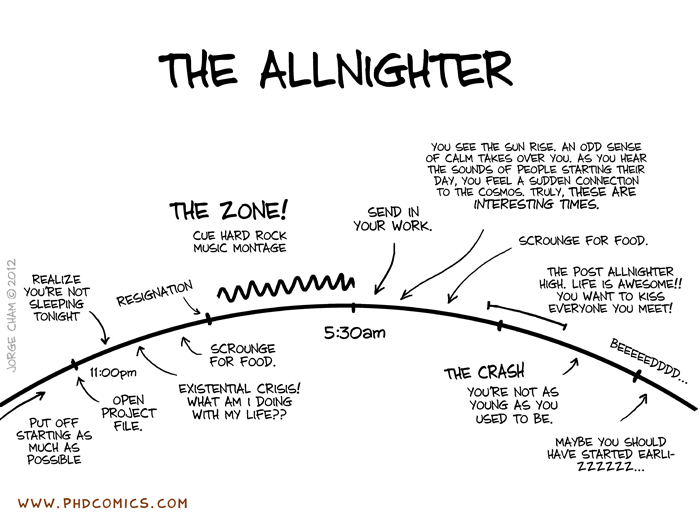Posted by Lorraine McSweeney
Throughout my short experience of the research world, one of
the most frequent laments I’ve encountered from fellow researchers and
presenting academics is the difficulties surrounding recruitment. Issues
include disseminating the study information to the relevant populations,
encouraging people to ‘sign up’, attendance/participation and retention.
However, have you ever stopped to consider whether your etiquette may be partly
to blame?
Trying to be a supportive colleague I frequently
‘advertise’, hand out leaflets or inform by word of mouth any studies which I
think certain individuals would be suitable for, or interested in
participating. However, without wishing to admonish researchers who are pressed
for time or who are inundated with several thousand interested participants (we
wish); do you reply to enquiries? Yes, that simple act of returning a phone
call or an email! One of the frustrations reported back to me (including a
study I applied for personally) was the rudeness of not receiving a reply or
even an acknowledgement. Perhaps the
person applying is not suitable for your study but please could you recognise
their interest, courage and time taken to apply?
After all it is only good
manners and you never know the interested party might apply for another study
for which they are suitable.




